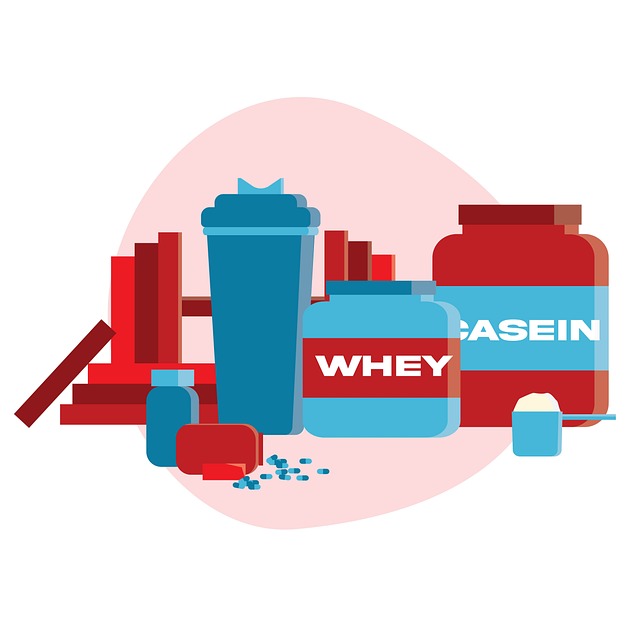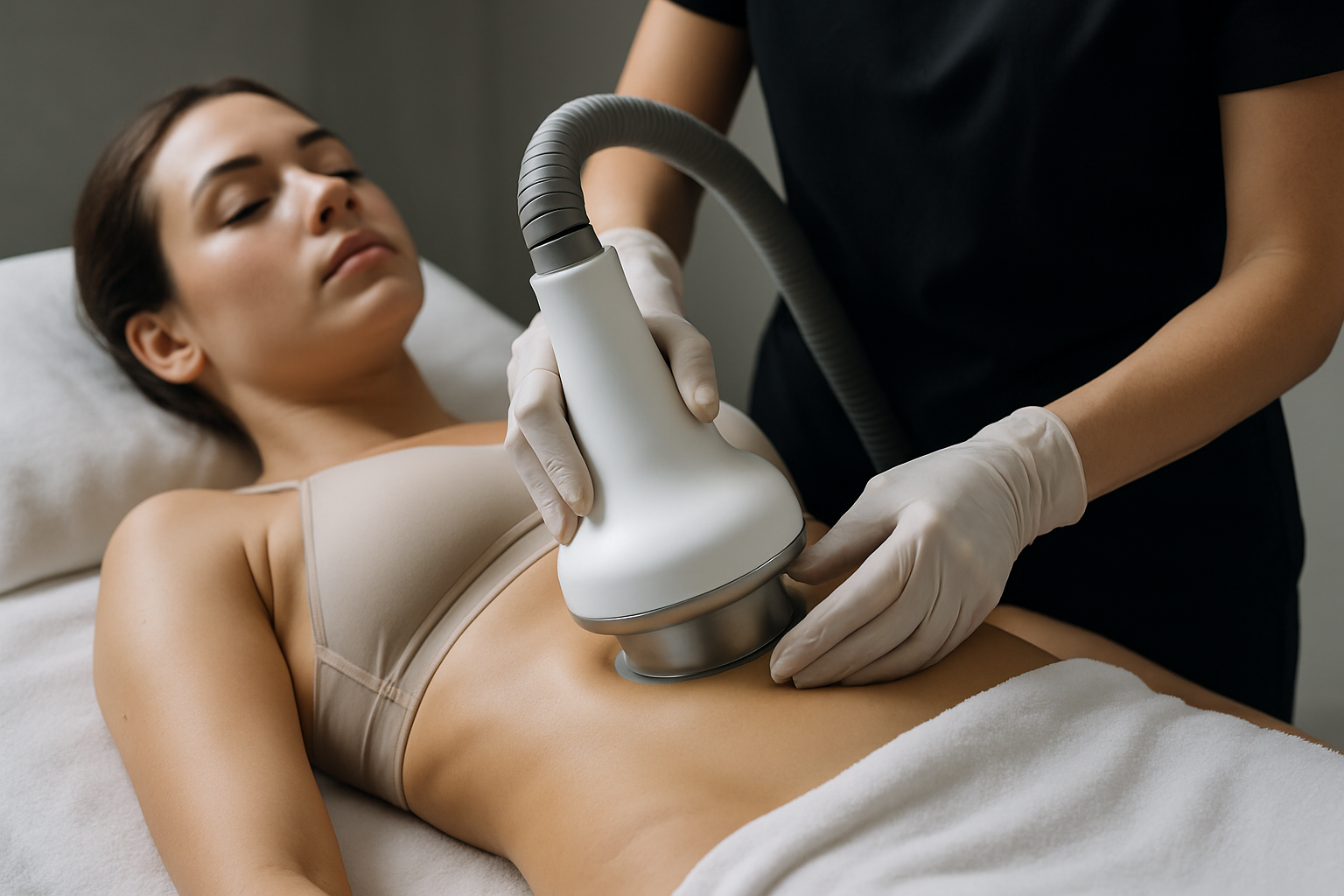Fermentation Fitness: The Microbial Workout Revolution
In a world obsessed with high-intensity training and cutting-edge gym equipment, a quiet revolution is brewing in the fitness industry. Fermentation, long associated with culinary arts and gut health, is now making waves in the realm of physical fitness. This innovative approach to exercise harnesses the power of beneficial microorganisms to enhance workout performance, accelerate recovery, and promote overall well-being. As fitness enthusiasts and health-conscious individuals seek novel ways to optimize their routines, fermentation fitness emerges as a game-changing concept that bridges the gap between nutrition, microbiology, and exercise science.

The Science Behind Fermentation Fitness
Fermentation fitness is rooted in the principle that beneficial microorganisms can play a crucial role in enhancing athletic performance and recovery. This concept draws from research in microbiology, sports nutrition, and exercise physiology. Studies have shown that certain strains of probiotics and fermented foods can improve nutrient absorption, reduce inflammation, and boost immune function – all of which are essential for optimal fitness outcomes.
The process involves incorporating fermented foods and beverages into pre- and post-workout nutrition plans, as well as utilizing topical fermented products for muscle recovery. The beneficial bacteria and enzymes produced during fermentation are believed to enhance the body’s ability to process nutrients, reduce oxidative stress, and support muscle repair.
Fermented Pre-Workout Nutrition
One of the key aspects of fermentation fitness is the incorporation of fermented foods and beverages into pre-workout nutrition. Traditional pre-workout supplements often rely on synthetic ingredients and stimulants, which can lead to jitters, crashes, and digestive discomfort. In contrast, fermented pre-workout options offer a more natural and sustainable energy source.
Fermented beverages like kombucha and kefir are gaining popularity among athletes for their potential to provide sustained energy without the negative side effects associated with caffeine-heavy pre-workout drinks. These probiotic-rich beverages may also help improve gut health, which is increasingly recognized as a crucial factor in overall athletic performance.
Additionally, fermented foods such as miso, tempeh, and natto are being incorporated into pre-workout meals to provide easily digestible protein and essential nutrients. The fermentation process breaks down complex compounds, making these foods more bioavailable and potentially reducing the risk of gastrointestinal distress during exercise.
Post-Workout Recovery with Fermented Foods
The role of fermentation in post-workout recovery is another area gaining attention in the fitness world. Traditional recovery methods often focus on protein shakes and supplements, but fermentation fitness takes a more holistic approach. Fermented dairy products like kefir and skyr are being used as alternatives to conventional protein shakes, offering not only high-quality protein but also beneficial probiotics and enzymes that may aid in digestion and nutrient absorption.
Fermented vegetables, such as kimchi and sauerkraut, are also being incorporated into post-workout meals. These foods are rich in vitamins, minerals, and antioxidants, which can help reduce inflammation and support muscle recovery. The probiotic content of these fermented vegetables may also contribute to improved gut health, potentially enhancing the body’s ability to absorb and utilize nutrients from other foods consumed during the recovery period.
Topical Fermented Products for Muscle Recovery
In addition to dietary applications, fermentation fitness extends to topical treatments for muscle recovery. Innovative skincare and bodycare products incorporating fermented ingredients are being developed specifically for athletes and fitness enthusiasts. These products claim to harness the power of beneficial microorganisms to enhance muscle recovery and reduce post-workout soreness.
Fermented plant extracts, such as those derived from ginseng or green tea, are being used in massage oils and recovery creams. The fermentation process is believed to increase the bioavailability of active compounds in these plants, potentially enhancing their anti-inflammatory and antioxidant properties when applied topically.
Some companies are even exploring the use of fermented ingredients in workout clothing and compression gear. These textiles are infused with probiotic strains or fermented plant extracts, with the goal of promoting skin health and reducing exercise-induced inflammation through prolonged contact with the skin during workouts.
The Microbiome-Fitness Connection
As research in the field of microbiome science continues to advance, the connection between gut health and athletic performance is becoming increasingly clear. Fermentation fitness embraces this connection, recognizing that a healthy gut microbiome can have far-reaching effects on energy levels, immune function, and even mental focus during workouts.
Proponents of fermentation fitness argue that by consistently incorporating fermented foods and beverages into one’s diet, athletes can cultivate a more diverse and robust gut microbiome. This, in turn, may lead to improved nutrient absorption, enhanced immune function, and better overall health – all of which contribute to improved athletic performance and recovery.
Some fitness centers and gyms are beginning to offer microbiome testing services, allowing clients to assess their gut health and receive personalized recommendations for incorporating fermented foods into their fitness routines. This individualized approach to nutrition and fitness represents a significant shift from the one-size-fits-all mentality that has long dominated the industry.
Challenges and Future Directions
While fermentation fitness shows promise, it is not without its challenges. One of the primary obstacles is the lack of standardization in fermented products, which can make it difficult to ensure consistent results across different brands and batches. Additionally, more research is needed to fully understand the mechanisms by which fermented foods and probiotics influence athletic performance and recovery.
As the field of fermentation fitness continues to evolve, we can expect to see more targeted products and protocols designed specifically for athletes and fitness enthusiasts. This may include the development of sport-specific probiotic strains, personalized fermentation-based nutrition plans, and advanced topical treatments that leverage the power of beneficial microorganisms.
In conclusion, fermentation fitness represents an exciting frontier in the world of health and wellness. By harnessing the power of beneficial microorganisms, this innovative approach has the potential to revolutionize how we think about nutrition, recovery, and overall athletic performance. As research in this field progresses and more athletes and fitness professionals embrace the concept, fermentation fitness may well become a cornerstone of modern training regimens, offering a natural and holistic path to enhanced physical performance and well-being.






